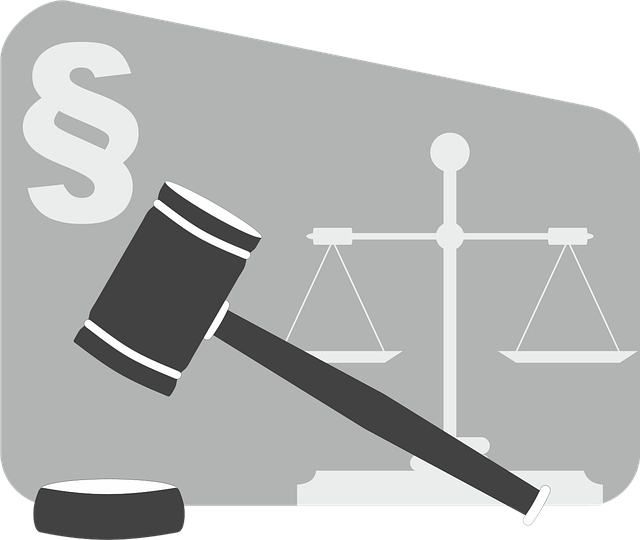Understanding Types of Compensation for Personal Injury is key in managing legal risks. This includes economic damages, non-economic damages like pain and suffering, and punitive damages. Criminal defense attorneys guide clients through complexities, aiming for fair compensation or charge dismissal. Organizations must implement safety protocols, training, and risk assessments to mitigate personal injury claims exposure. Staying informed about legal reforms minimizes potential liabilities.
In today’s legal landscape, effective litigation risk management is paramount for businesses and individuals alike. This article explores a critical aspect of that management: personal injury claims. By delving into the understanding of the personal injury claims process and common types of compensation awards, we provide insights into strategies to mitigate risks. From recognizing potential hazards to implementing proactive measures, these tactics ensure better outcomes in managing litigation, focusing on the diverse types of compensation for personal injury.
- Understanding Personal Injury Claims Process
- Common Types of Compensation Awards
- Effective Strategies for Risk Mitigation
Understanding Personal Injury Claims Process

The personal injury claims process involves several steps that can be complex and often overwhelming for those who haven’t navigated it before. It begins with identifying potential defendants, gathering evidence to support the claim, and filing a complaint with the appropriate court. The next phase includes exchanging information, where both parties share details about the incident and any injuries sustained. This is crucial in building a strong case and determining the best course of action, which may include negotiating a settlement or proceeding to trial.
Understanding the various types of compensation available for personal injury victims is essential during this process. These can include economic damages, such as medical expenses and lost wages, non-economic damages like pain and suffering, and punitive damages in cases where negligence was especially severe. Across the country, general criminal defense attorneys often advise clients on navigating these complexities, ensuring they receive fair compensation for their injuries. In successful cases, a complete dismissal of all charges may even be possible.
Common Types of Compensation Awards

In personal injury cases, understanding Types of Compensation for Personal Injury is paramount to effectively managing litigation risk. Common awards include damages for pain and suffering, which are intended to compensate victims for physical and emotional distress. These can be substantial, especially in cases involving severe or permanent injuries. Additionally, compensation may cover medical expenses, both past and future, ensuring victims receive adequate care and treatment.
Beyond these basic categories, achieving extraordinary results often involves securing awards for lost income and earning capacity, particularly when an injury prevents a person from working or limits their future earnings potential. Punitive damages are another type, designed to punish defendants whose actions were especially reckless or intentional, aiming to deter similar behavior in the future. Proper risk management strategies should anticipate and prepare for all stages of the investigative and enforcement process, ensuring that compensation awards are fair, just, and avoid indictment where possible.
Effective Strategies for Risk Mitigation

Effective risk mitigation strategies are paramount for any organisation, especially when navigating complex legal landscapes. In the realm of litigation risk management, a proactive approach can significantly reduce potential damages and negative impacts. One critical aspect involves understanding and categorising risks, including identifying various types of compensation claims for personal injury that may arise in respective business operations. This comprehensive view allows for targeted interventions.
For instance, implementing robust safety protocols, training employees on best practices, and conducting regular risk assessments can mitigate exposure to general criminal defense cases stemming from accidents or negligence. Furthermore, staying abreast of legal reforms and industry trends enables organisations to adapt their strategies throughout all stages of the investigative and enforcement process, thereby minimising potential liabilities.
By understanding the personal injury claims process, recognizing common compensation awards, and implementing effective risk mitigation strategies, businesses can significantly reduce their litigation risk. Staying informed about legal processes and potential outcomes empowers organizations to make proactive decisions, fostering a safer environment for all. Moreover, leveraging available resources and adopting best practices in risk management can mitigate financial exposure and protect against costly lawsuits. In terms of personal injury compensation, being aware of the various award types enables businesses to anticipate and budget for potential liabilities, ensuring they remain competitive while maintaining robust safety measures.






